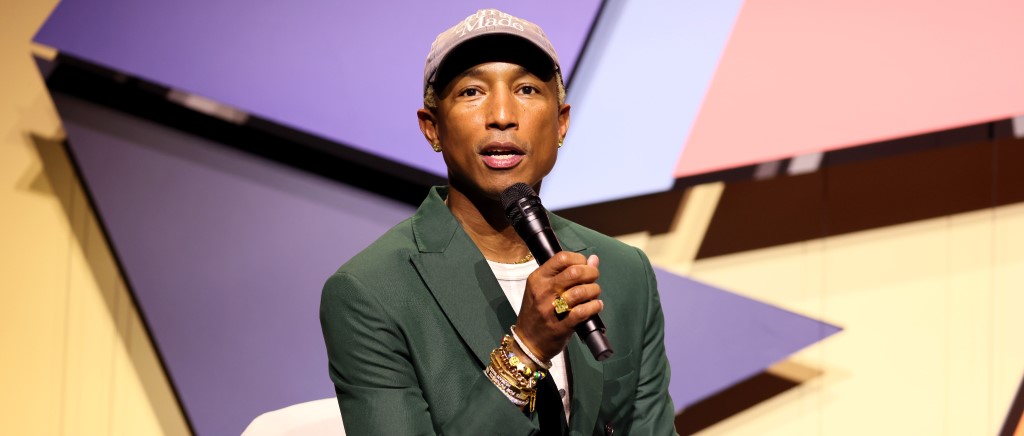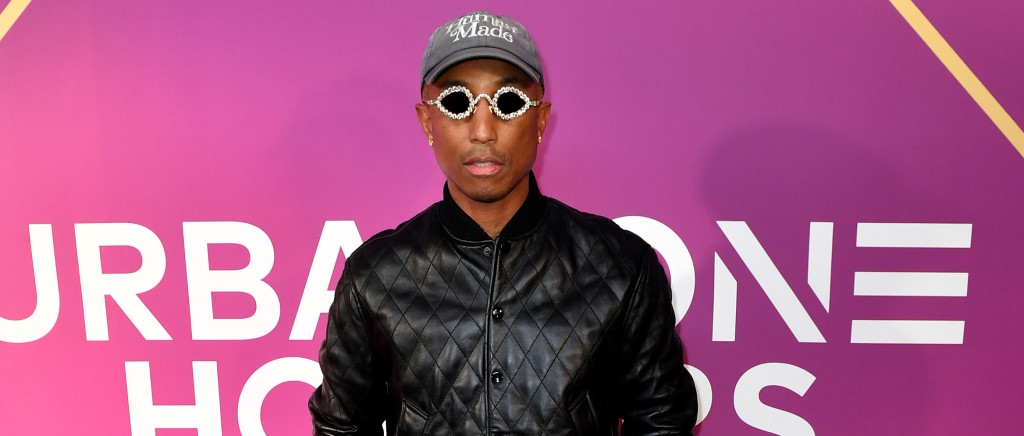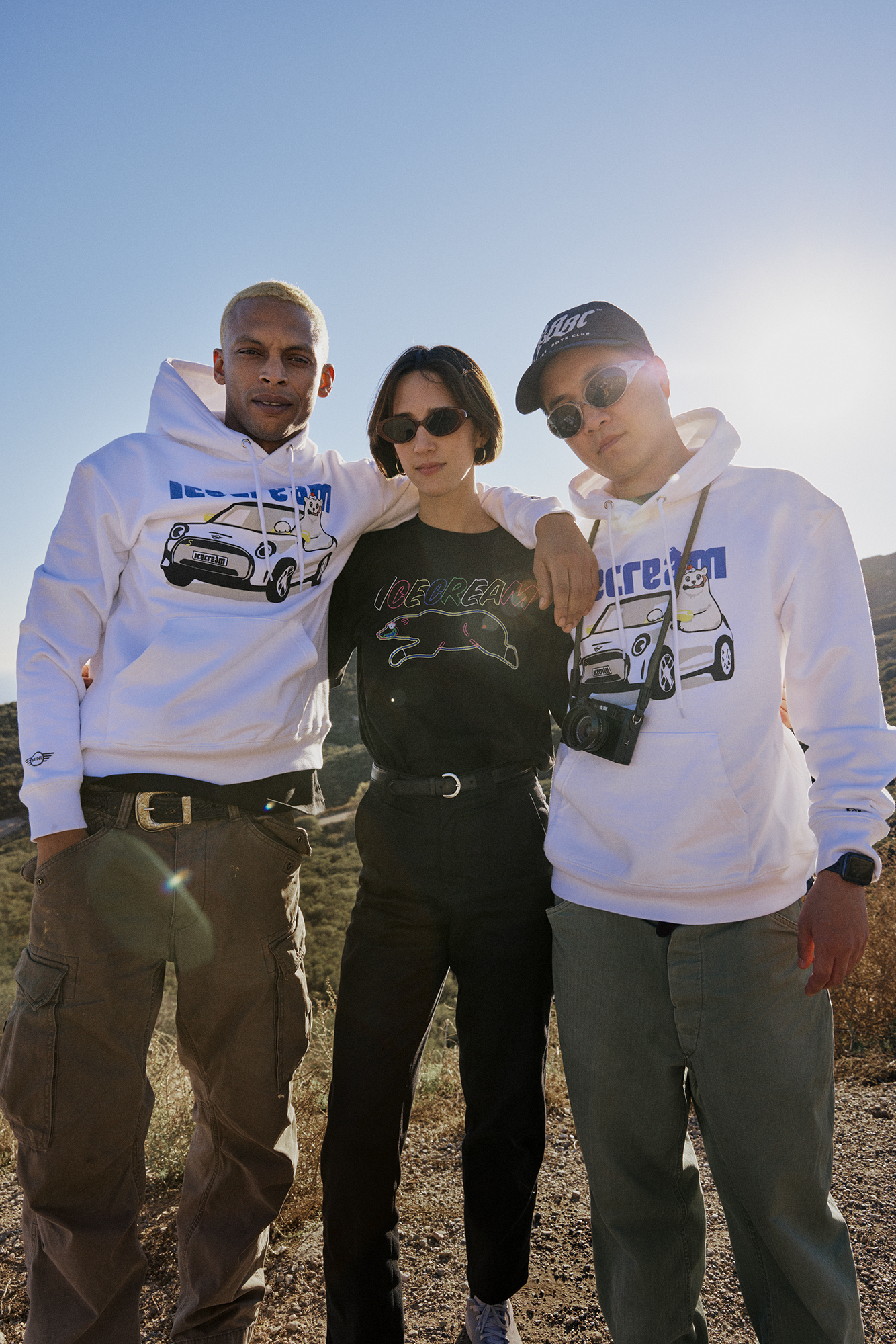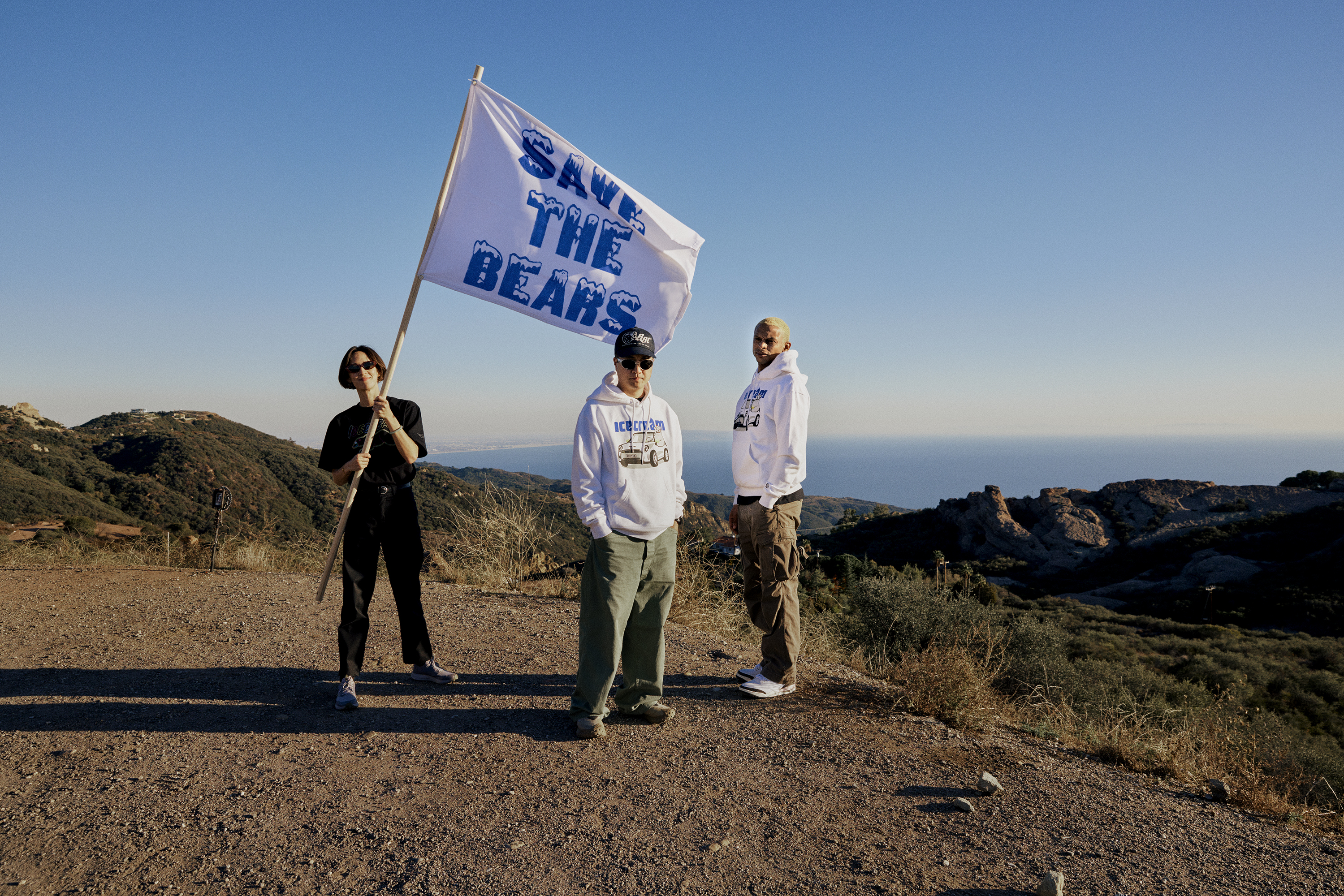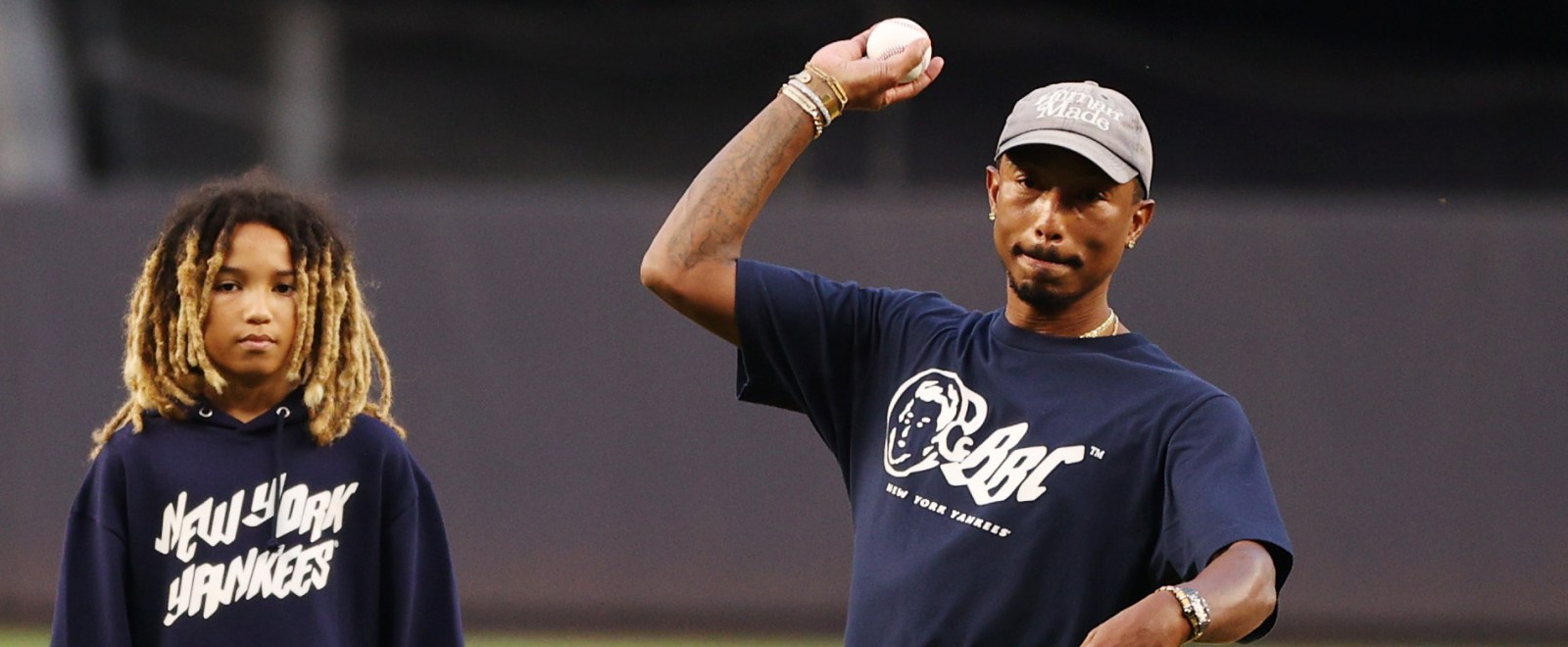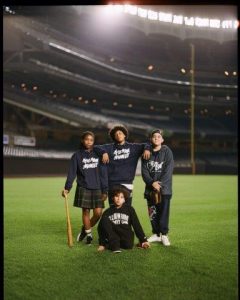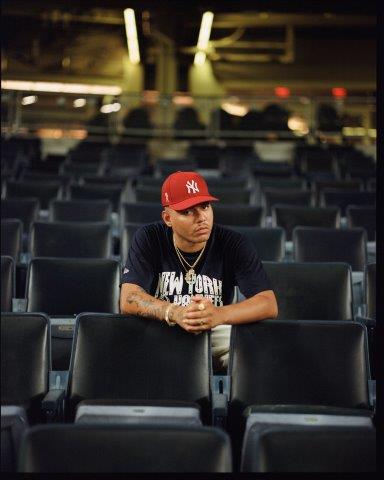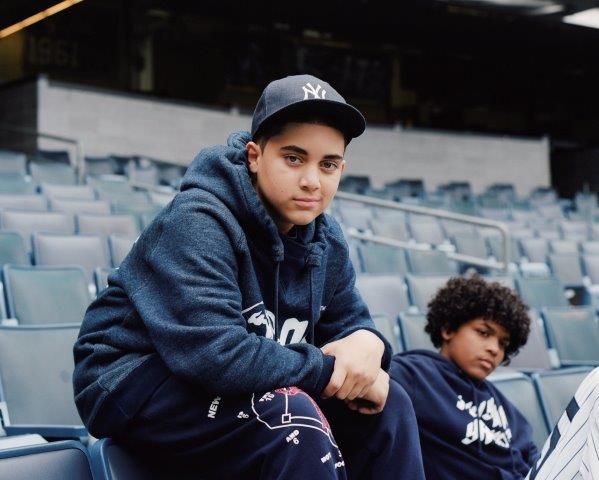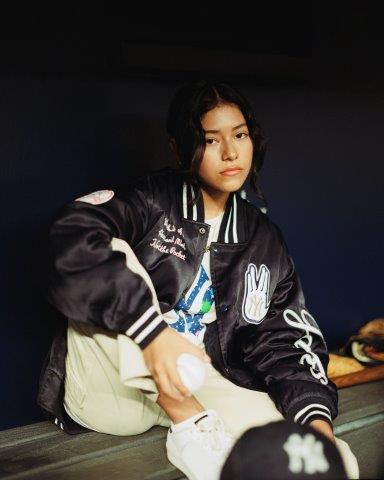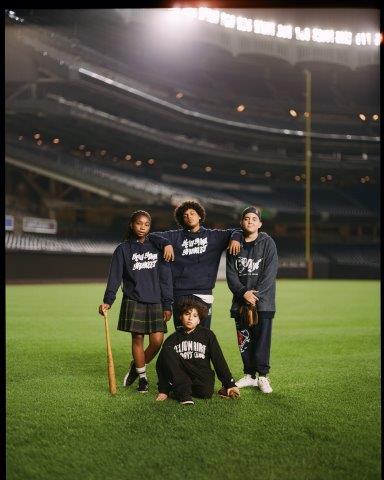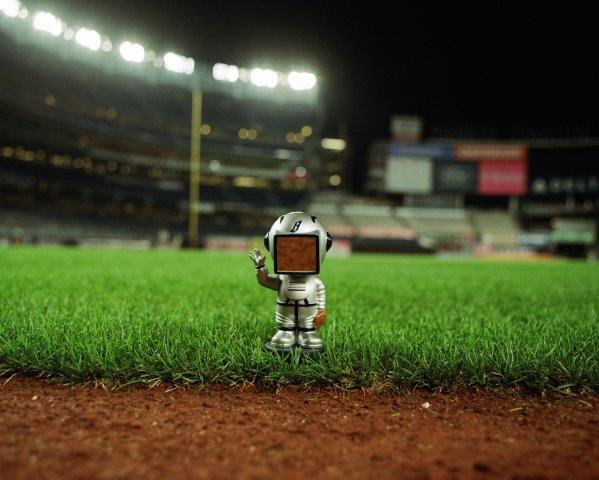
This week, a potential landmark case in the music industry was filed against Universal Music Group for allegedly withholding over $750 million of royalties from its artists over streams. Meanwhile, in Fulton County, a recording artist who was included in a gang indictment using his lyrics as evidence will face the legal fight of his life later this month, while his record label lies in ruins as a result.
It’s clear that, when the law crosses paths with the business of making and selling music, the course of one or the other can shift dramatically. In response to Young Thug’s case above, several states have introduced bills protecting artists’ freedom of speech whose lives and livelihoods can be wrecked by overeager prosecutors looking to score political points. Meanwhile, if Black Sheep’s class action suit against UMG proceeds, it could change the way streaming profits are shared with musicians, effecting broad-ranging changes in the way labels do business.
There have been plenty of other court cases that defined the course of the music industry. Some were copyright fights that caused new rules to be adopted — whether formally or informally — about how artists use and credit past works. Others are legal fights between artists and their labels, which prompted the latter to work out new types of deals in efforts to protect profits and attract savvier recording partners. And at least one seemed to be about artists and labels against the oncoming seismic shift caused by new technology. Here are ten of the court cases that defined the music industry.
1944 — Olivia de Havilland vs. Warner Bros. Pictures
One of the court cases that had the biggest impact on the recording industry wasn’t even about music. In 1944, actress Olivia de Havilland sued Warner Bros. Pictures after the term of her seven-year contract with the studio expired. However, much like with record contracts today, back then, actors signed to studios for a certain number of “pictures” over the course of a given term, and if they didn’t deliver, they couldn’t leave.
However, de Havilland argued that this was a violation of California labor law and that seven years means seven years. The courts agreed, forcing WB to release her; since then, numerous recording artists have used the same statute to end contracts they deem unfair, from Courtney Love and Metallica to Luther Vandross and most recently, HER. Even Kanye cited the rule during his feud with EMI and Roc-A-Fella, although a 1980s amendment allows labels to sue artists for damages if they don’t deliver the full number of contracted albums — even after seven years.
1960s — Chuck Berry vs. The Beach Boys
When the California rock band The Beach Boys basically plagiarized Chuck Berry’s 1958 “Sweet Little Sixteen” to create their 1963 hit “Surfin’ USA” (an event that was parodied in the 2006 adaptation of Dreamgirls), they inadvertently kicked off what nearly became the first copyright lawsuit in recording industry history. Although a lawsuit was never actually filed, all the royalties for “Surfin’ USA” go to Berry’s publisher Arc Music after the Beach Boys’ manager Murray Wilson struck a deal.
1990 — Queen vs. Vanilla Ice
This infamous case wound up being settled out of court, but it also laid the groundwork for future cases in which older artists expressed resentment for hip-hop’s proclivity for sampling their past hits. In 1990, upstart white rapper Vanilla Ice lifted the bassline from Queen’s 1981 song “Under Pressure.” The resulting single, “Ice Ice Baby,” became a monster hit and was hugely profitable, despite its later reputation as a novelty song.
However, the British band wasn’t too happy about it and sued Vanilla Ice over the song. Years later, it was revealed that the rapper paid for part of the publishing rights for “Under Pressure,” while giving credit to the original writers. Although he claims he bought the rights from the band outright, they refuted it, saying that a profit-sharing agreement was reached.
1990 — Roy Orbison vs. 2 Live Crew
Another landmark case revolving around the use of sampling in hip-hop, this one went all the way to the Supreme Court before all was said and done, and laid down some ground rules about how sampling can work. After requesting the rights for Roy Orbison’s “Oh Pretty Woman” and being denied, the group went ahead and released their parody track, “Pretty Woman” anyway in 1989. 2 Live Crew argued that their version constituted “fair use” which allows for parody.
After going through a federal district court and an appeals court, the Supreme Court ruled that 2 Live’s “Pretty Woman” does fall under fair use. However, not many artists have tried to use this defense in the years since — in part because parody tracks have fallen out of favor in hip-hop (although Weird Al is still cranking them out) and in part, because no one really wants the headache.
1990 — 2 Live Crew vs. Decency
Poor Uncle Luke. The 2 Live Crew spent a massive part of their early career battling legal enemies when they should have been enjoying the sort of debauchery that defined much of their creative output. In this case, the Broward County Sheriff’s Office had issued an edict that any stores selling 2 Live’s 1989 album As Nasty As They Wanna Be would face arrest on the grounds of obscenity. 2 Live fought back, filing suit in federal district court. Although an initial judge agreed with the Sheriff, an appeals court overturned the ruling, and the Supreme Court backed it up by refusing to hear a second appeal. Despite the raunchy material, the appeals court decided that the music itself had artistic value and that the band being “nasty” wasn’t enough to ban them outright.
1994 — Tupac Goes To Prison
This was impactful less as a matter of how it changed the rules of the game and more as how it changed the substance — even if indirectly. When Tupac was sentenced to 18 months in prison on rape charges (he eventually served just eight), he became something of a folk hero to a fanbase that felt he was railroaded by a racist system, emerging from prison more popular than ever. This set a precarious precedent in hip-hop, but it also helped to solidify what the genre looked like and represented. “Thug life” more or less became the default expression of the art form and Tupac became its avatar.
So many artists now have at least a little of his DNA in their flow, business moves, and public personas and this was arguably the start of his iconic status. After his prison stint, fans were so ravenous for new music that his final two albums, released during and after his sentence, both went No. 1 after he’d previously only managed to peak at No. 24. We certainly see echoes of that in artists such as 21 Savage and the support for Young Thug.
1994 — Prince Vs. Warner
Also in 1994, Prince waged his infamous one-man war on his label, Warner, for control over his music. By now, you’ve undoubtedly heard of how he changed his name to an unpronounceable symbol in an attempt to free himself from his contract, or how he wrote “Slave” on his face to protest his inability to release music how and when he wanted under those contract terms. Ever since then, artists have spoken out about how they disagree with label practices — whether they’re practical or not — and ownership of their creative output, and any number of them, from Kanye to Megan Thee Stallion to New Jersey rapper Russ, have taken the Prince route to freeing themselves from the constraints of the major system.
2000 — Metallica vs. Napster
The first case of an artist suing a peer-to-peer file-sharing company, Metallica’s victory over Napster not only effectively ended Napster’s reign over the distribution of music, it basically opened the door for the whole streaming era in which we currently find ourselves. P2P sharing was never effectively ended, but it was forced underground, eventually evolving into the download sites that fueled the so-called “blog era.” It also demonstrated the viability of digital distribution, first in the form of .mp3s, and later, as streams, as fans had demonstrated that they were willing to adopt the new technology in lieu of only purchasing physical media.
2000s — MusicNet and PressPlay
Of course, the above transition wasn’t quite as smooth as that sentence may have made it out to be. In the early 2000s, the labels’ early attempts to get into the music-streaming game, MusicNet and PressPlay, weren’t quite as user-friendly as Spotify and Tidal would later turn out to be. But that wasn’t the only problem. The US Justice Department investigated the apps for antitrust violations, suspecting that the labels were suppressing competition and inflating the price of downloads.
Once iTunes hit the scene, though, the labels closed up shop on MusicNet and PressPlay, instead shifting their business models from trying to dominate the streaming space with their own propriety platforms in favor of partnering with tech companies who could do the concept justice.
2014 — Marvin Gaye Estate vs. Robin Thicke & Pharrell Williams
In a case that changed the standards for just what constitutes copyright infringement, the estate of Marvin Gaye alleged that Robin Thicke’s Pharrell-produced hit “Blurred Lines” illegally reproduced Gaye’s 1977 soul staple “Got To Give It Up.” A court agreed that, even without direct plagiarism of sheet music or lyrics, the later song certainly reproduces a lot of the sound of the original — enough that $5.3 million and 50 percent of all future royalties of the song were awarded to the Gaye estate.
This opened the door (and a couple of windows) for all kinds of copyright cases, with everyone from upstart rappers to established producers alleging plagiarism for even the slightest similarities in tone, style, lyrics, or instrumentation. And while a significant portion of those is getting chucked out, they’re likely to keep coming until another ruling draws firmer boundaries around what’s protected and what isn’t.
Some artists covered here are Warner Music artists. Uproxx is an independent subsidiary of Warner Music Group.


